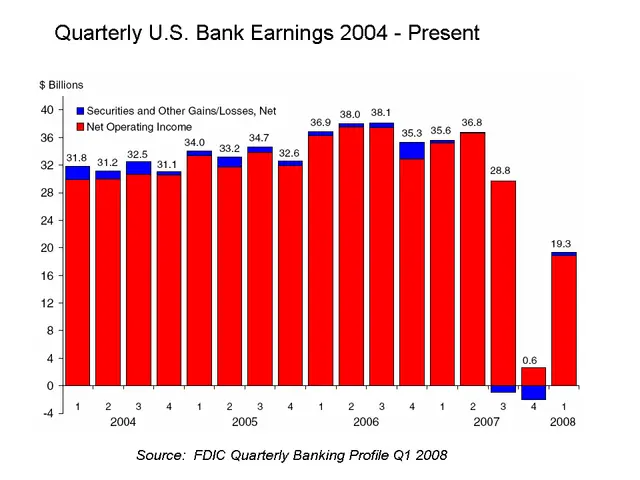Could your painkillers be causing more chronic headaches than relief?
Headaches are a common complaint, affecting around 40% of the UK population at some point. However, persistent use of painkillers can lead to a lesser-known condition called medication-overuse headache, which affects about 1-2% of people, predominantly women. This condition is caused by frequent use of painkillers and can be challenging to treat.
Medication-overuse headaches are typically triggered by regular use of painkillers for more than 10 days a month. This includes combination preparations, paracetamol, ibuprofen, and acetylsalicylic acid. The risk increases with opiates, which can cause headaches even with less frequent use. Keeping a headache diary can help diagnose this condition.
Most headaches are harmless, with less than 1% of cases being serious conditions like brain tumours. However, some patients only realize their pain is being fueled by medication after stopping it. Treatment involves gradually reducing medication under medical guidance, which can be challenging for patients.
Over 10 million people in the UK regularly experience headaches, making up about one in every 25 GP visits. While the link between certain medicines and worsening headaches is not fully understood, it is well-established. Regular use of painkillers like paracetamol, NSAIDs, and even opiates can trigger chronic headaches in some people. If you're experiencing persistent headaches, it's important to consult with a healthcare professional.
Read also:
- India's Agriculture Minister Reviews Sector Progress Amid Heavy Rains, Crop Areas Up
- Sleep Maxxing Trends and Tips: New Zealanders Seek Better Rest
- Over 1.7M in Baden-Württemberg at Poverty Risk, Emmendingen's Housing Crisis Urgent
- Life Expectancy Soars, But Youth Suicide and Substance Abuse Pose Concern





